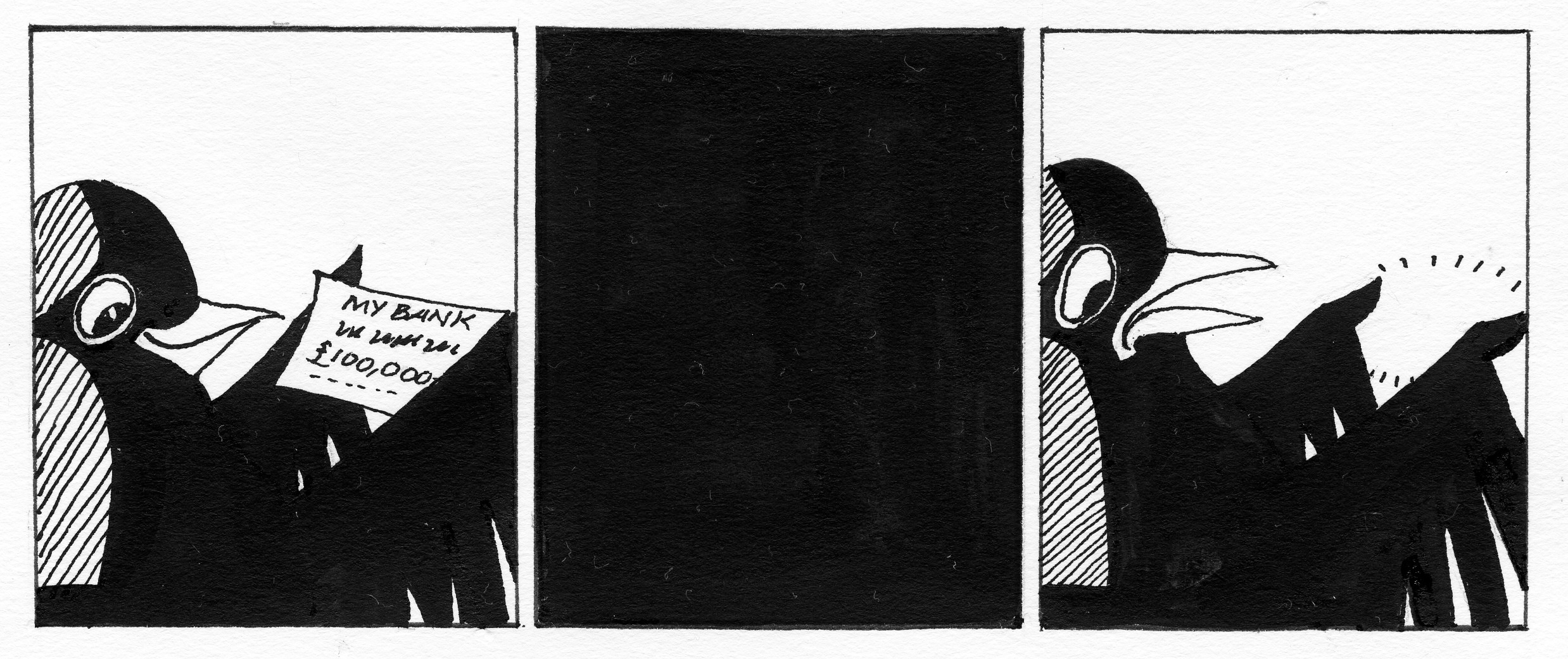Most readers will be unfamiliar with Bolton and Quinn Ltd, a company which is the subject here. Invisible to the public at large, they operate in a murky hinterland between major galleries and the media encouraging positive coverage of State-approved art. One definition of State Art might simply cite a list of B&Q’s clients, for all the major promoters of Contemporary Art use them as lobbyists, from the Tate to the Arts Council to the Art Fund … and the Serpentine.
 I’ve always wondered what service this company provides for the galleries who pay them, because all the bodies they represent also employ extensive in-house PR departments. If the Tate’s press office (currently comprising twelve members) is so pisspoor that they have to call on additional expertise then surely they should employ people of a higher calibre in the first place. All the organisations prominent in pleading poverty wastefully employ two press offices.
I’ve always wondered what service this company provides for the galleries who pay them, because all the bodies they represent also employ extensive in-house PR departments. If the Tate’s press office (currently comprising twelve members) is so pisspoor that they have to call on additional expertise then surely they should employ people of a higher calibre in the first place. All the organisations prominent in pleading poverty wastefully employ two press offices.
So what extra-special purchase does contracting B&Q give to those who pay them? I can now call on personal experience to answer this. The last two editorials of The Jackdaw concerned the publicly funded Serpentine Gallery and its two directors who are overpaid by 100% compared to staff in equivalent positions elsewhere. Before Christmas a newspaper was about to trail the Jackdaw’s last editorial and expose the ‘charitable’ 67% and 47% pay increases awarded to the Serpentine’s two co-directors. A reply to these charges from the gallery was considered beyond the capacity of their own media team (all five of them, including a Head of Communications and a Head of Media Relations), whom one can only conclude must be muttonheads. Instead, they called in the household cavalry to charge the cannon. B&Q put their expensive hair-dos together and came up with a riposte so feeble it made me laugh out loud. A teenager on the minimum wage could have concocted something more convincing. So self-evidently accurate were The Jackdaw’s main charges against the Serpentine B&Q didn’t even attempt to answer them, instead resorting in desperation to mutterings about ‘bonuses’. Bonuses for public museum directors? Someone ought to be looking into that! In the end the paper pulled the story at the last minute saying there was no room for it. They still had space, however, for the vital disclosure that Tracey Emin is buying a flat in Manhattan. White Cube, Emin’s shopkeeper, is represented in media matters by … Hello!
The story of the Serpentine pay increases was run soon afterwards in The Independent, from which many others picked it up. But not before B&Q had approached the paper. It was when I was informed of this that it finally dawned after so many years of bewilderment what precisely the function of B&Q is. They use their extensive contacts to firefight for and lobby on behalf of State Art. Quite how much they get paid for doing this is not revealed in their accounts at Companies House, which effectively tell us nothing.
What this means is that, when circumstances demand, publicly funded organisations can pay a third party with our cash to assist in preventing us knowing the full story of what these organisations get up to. Thus are the public kept in the dark by use of their own money. If you are a closed monopoly, as State Art is, the advantage of keeping the public as ignorant as possible is an obvious benefit. On their website B&Q refer to this dubious activity as “producing opinion”.
How might such a relationship work in practice? B&Q are in a strong position to subtly bribe journalists. They can offer trips, home and abroad, and invitations to fancy parties and soirées with all the gubbins of free catalogues, fancy bags and other sweeteners beloved of Fourth Estate liggers. More importantly, they can feed news exclusives about galleries and artists they represent to trusted journalists whose independence of opinion is surely compromised by the relationship.
The virtual monopoly of favourable comment enjoyed by State Art in newspapers now makes perfect sense to me. David Lee